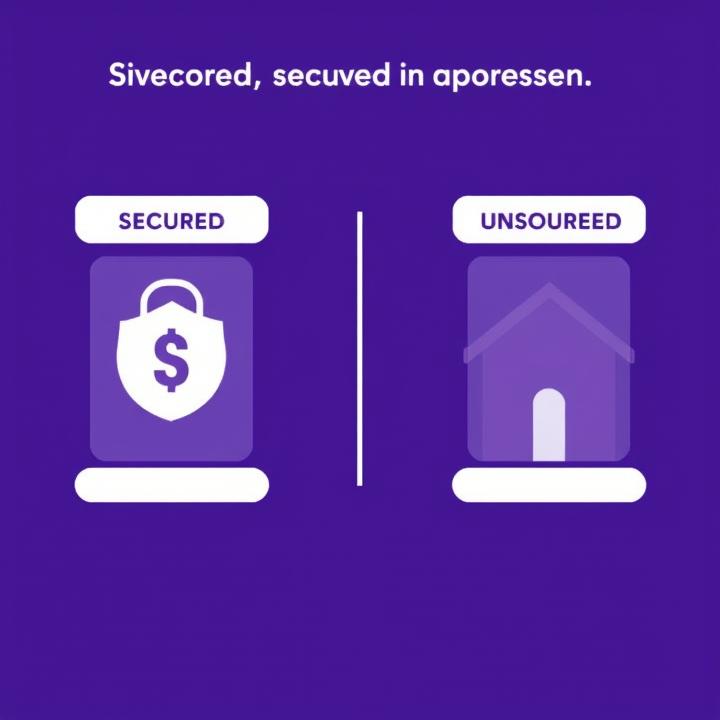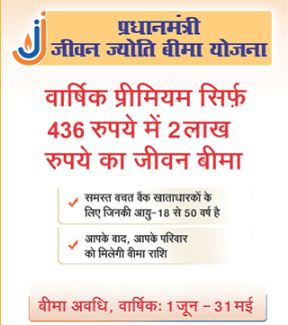भारत में व्यक्तिगत ऋण:
Personal Loans
Personal loans have become an increasingly popular way for individuals in India to meet their financial needs. Whether it’s for a wedding, a medical emergency, or a home renovation, personal loans can provide the necessary funds to cover unexpected expenses. However, with so many options available, it can be overwhelming to navigate the personal loan landscape in India. In this article, we will explore the key aspects of personal loans in India, including the current market trends, eligibility criteria, interest rates, and repayment terms.
Current Market Trends
The personal loan market in India has witnessed significant growth in recent years. According to a report by the Reserve Bank of India (RBI), the personal loan segment has grown at a compound annual growth rate (CAGR) of 15% from 2015 to 2020. This growth can be attributed to the increasing demand for credit, particularly among the younger population.
Eligibility Criteria
To be eligible for a personal loan in India, you typically need to meet the following criteria:
| Eligibility Criteria | Requirements |
|---|---|
| Age | 21-60 years old |
| Income | Minimum ₹15,000-20,000 per month |
| Employment | Salaried or self-employed with a minimum of 2 years of work experience |
| Credit Score | Minimum credit score of 650-700 |
| Residence | Indian citizen or resident |
Interest Rates
Interest rates on personal loans in India vary depending on the lender, loan amount, and repayment term. On average, interest rates range from 10.50% to 24% per annum. Here are some interest rates offered by popular lenders in India:
| Lender | Interest Rate (per annum) |
|---|---|
| HDFC Bank | 10.50%-21.50% |
| ICICI Bank | 10.75%-22.00% |
| Axis Bank | 11.00%-24.00% |
| Bajaj Finserv | 12.00%-24.00% |
| SBI | 10.50%-18.50% |
Repayment Terms
Repayment terms for personal loans in India typically range from 12 to 60 months. The repayment amount is calculated based on the loan amount, interest rate, and repayment term. Here’s an example of how the repayment amount is calculated:
| Loan Amount | Interest Rate (per annum) | Repayment Term (months) | Monthly Repayment Amount |
|---|---|---|---|
| ₹1,00,000 | 12.00% | 24 | ₹4,444 |
| ₹2,00,000 | 15.00% | 36 | ₹6,667 |
| ₹5,00,000 | 18.00% | 48 | ₹12,500 |
RBI Guidelines
The RBI has issued guidelines to ensure that personal loans are disbursed in a fair and transparent manner. According to the RBI, lenders must:
- Disclose the annual percentage rate (APR) and all other charges associated with the loan
- Provide a loan agreement that outlines the terms and conditions of the loan
- Not charge excessive interest rates or fees
- Not engage in unfair practices, such as coercive recovery methods
Ways to Avoid Personal Loan Scams by Chinese and Fraudulent Apps
With the rise of digital lending, personal loan scams by Chinese and fraudulent apps have become increasingly common in India. These scams often target vulnerable individuals who are in dire need of financial assistance. In this article, we will explore the common tactics used by these scammers and provide tips on how to avoid falling prey to their schemes.
Common Tactics Used by Scammers
- Fake Loan Offers: Scammers create fake loan offers that promise high loan amounts with low interest rates and flexible repayment terms. These offers are often advertised on social media platforms, online marketplaces, and messaging apps.
- Phishing: Scammers use phishing tactics to steal sensitive information such as bank account details, Aadhaar numbers, and PAN cards.
- Malicious Apps: Scammers create malicious apps that promise to provide instant loans. These apps often ask for excessive permissions, including access to contacts, photos, and location.
- Harassment: Scammers use harassment tactics to intimidate victims into paying loan processing fees or interest rates.
5 Ways to Avoid Personal Loan Scams
- Verify the Lender: Always verify the lender’s credentials before applying for a loan. Check if the lender is registered with the Reserve Bank of India (RBI) and has a physical address.
- Be Cautious of Unsolicited Offers: Be cautious of unsolicited loan offers that promise high loan amounts with low interest rates. These offers are often too good to be true.
- Read Reviews and Check Ratings: Read reviews and check ratings of the lender before applying for a loan. Avoid lenders with poor ratings and negative reviews.
- Don’t Download Suspicious Apps: Don’t download suspicious apps that promise to provide instant loans. These apps often ask for excessive permissions and may steal sensitive information.
- Report Suspicious Activity: Report suspicious activity to the RBI and local authorities. If you have fallen prey to a loan scam, report it to the RBI’s complaint portal.
Conclusion
In conclusion, personal loans can be a convenient way to meet your financial needs, but it’s essential to understand the eligibility criteria, interest rates, and repayment terms before applying. With the rise of digital lending, personal loan scams by Chinese and fraudulent apps have become increasingly common in India. It’s crucial to be aware of the common tactics used by scammers and take steps to avoid them.
By understanding the differences between secured and unsecured loans, you can make an informed decision about which type of loan is best for your financial situation. Additionally, by being cautious of unsolicited loan offers, verifying the lender’s credentials, and reading reviews and ratings, you can protect yourself from falling prey to personal loan scams.
Remember, personal loans should be used responsibly and only when necessary. It’s essential to borrow only what you need and to make timely repayments to avoid accumulating debt. By being responsible and informed, you can use personal loans to improve your financial situation and achieve your goals.
Join us on Facebook, WhatsApp , Telegram , LinkedIn and RBI for latest news.



